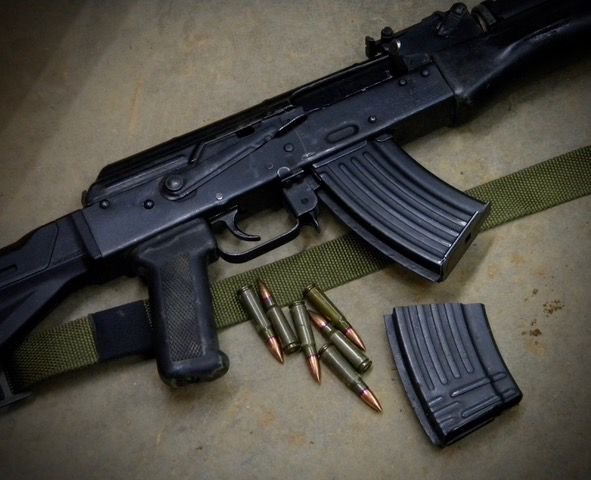
I can’t tell you how many times I’ve heard from shooters that their choice of pistol was determined by magazine capacity. “But,” they explain, “this one holds almost twice as many rounds as the other one.” Yet, while mag capacity is a consideration, it shouldn’t be the deciding factor in what pistol you choose for defensive use.
Firearm selection should be dictated by application. The weapon I choose for kickin’ down doors in ‘Trashganistan’ is going to be different than the one carried for personal defense. Regardless of intended use, reliability is factor number one to consider. Your weapon – plus all related gear – must function properly every time. (Remember, just because your weapon works flawlessly you still need to practice clearing a stoppage. Most malfunctions are caused by the operator.)
Caliber is another factor. With today’s ammo we’ve got a lot more options than just a few decades ago. Back then, you carried a .45 because it was a large bullet; bigger bullet, bigger hole. With modern defensive ammo anything from a .380 and larger is acceptable for defensive use.
Size is a major feature to mull over. Is the pistol sized to where you can actually carry it, concealed and somewhat comfortable? A derringer in the pocket is better than a cannon in the gun safe. Can you acquire a proper grip, and still get your finger properly positioned on the trigger? When the pad of the finger is centered on the face of the trigger it should be at almost a ninety-degree angle to the hand; this ensures you press the trigger straight to the rear as opposed to pulling or pushing to one side or the other. Finally, make sure you can manipulate the weapon – mag release, cycling the slide or any external safety devices.
Shooting accurately relies on fit – as mentioned above – and having an acceptable trigger with a clean, crisp break and a set of sights that will work under any and all conditions. Fortunately, today nearly all factory pistols come with “more better” triggers and sights than in the past.
Finally, and way down on the list, we come to magazine capacity. Again, we go to the intended use of the weapon. For personal defense – we’re not talking law enforcement or military – you’re not going to need a lot of rounds. Think about your mission statement. For personal protection your goal is to defend against the attack, then break contact as soon as possible.
The fight is only going to last a matter of seconds. The number of shots fired by you – if it’s even necessary to shoot – is likely going to be three or four rounds. “But,” you say, “there’s probably going to be more than one threat.” True, but in defensive situations it’s rare that you’re forced to shoot more than one of the bad guys. I’ve never felt unarmed with five- or six shot revolvers. I feel at ease with a seven-round mag in a 1911. The Hi Power, which holds twelve in the thirteen-round mag, is much more than I’ll ever need. I even made a cut down magazine for my AK. It holds fifteen rounds, and doesn’t hang down below the grip: plenty of rounds, in a lighter and more compact package.
There are many factors when selecting a firearm. Reliability, size, caliber and somewhere down the line – magazine capacity.
Tiger McKee is director of Shootrite Firearms Academy. He is the author of The Book of Two Guns, AR-15 Skills and Drills, has a regular column in American Handgunner and makes some cool knives and custom revolvers. Visit Shootrite’s Facebook page for other details.
